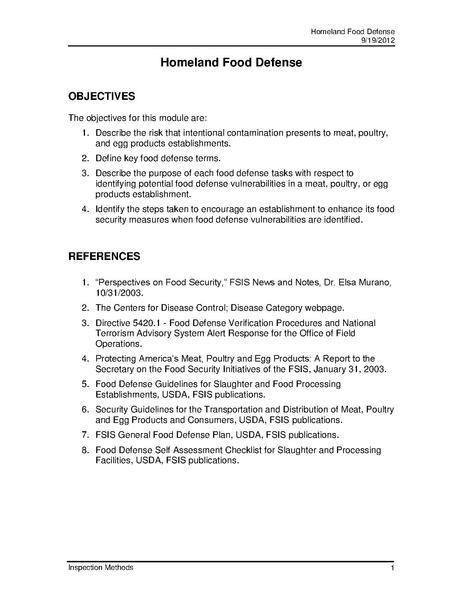 |
| Market in Lagos, Nigeria, country where Ebola spread being interrupted |
"My wife and I were just talking this morning and wondering if we should take our scheduled trip to Disneyland next month. She is concerned about Ebola." In wondering this, the account executive at a major company joins many others in expressing concern about airplane travel, as Ebola fears mount. But what do the experts say?
Fears expressed like this are exacerbated by some of the remarks made by politicians, some considering a run for the Presidency, like
Bobby Jindal, who has advised people not to travel into countries affected by Ebola and those in the media who fan the flames of panic. That's because statements like those of Jindal are being reiterated as fact by some of the bloggers who are passing along the advice as key to community and individual protection from Ebola.
News media around the world present the news about the recent cases of Ebola in the West as if they mirrored those in Africa. However, experts in global health maintain that the focus should be on building the infrastructure in West Africa to support stopping the chain of transmission at the source. At the same time experts maintain that all the countries throughout the globe should be connected in a communication and support network, again to build and solidify the appropriate response to a virus that is seen by some to be potentially like a modern plague if not managed appropriately. They also say that restricting travel to West Africa could cause a panic of people, that might cause more to leave.
"Not only would (banning flights) not be effective, I think it could be detrimental to the overall efforts," is
Dr. Eden Wells' response to politicians and some in the media recommending that people not travel within their own country borders or to West Africa.
Dr. Wells is the Associate Director for the Preventive Medicine Residency at the University of Michigan School of Public Health. He further tells us, "We need to be able to get resources in and out of these countries to break the chain of transmission."
In assessing the potential of panic and concern about people crossing the borders of various countries who may have the virus, Dr. Well concludes, "We might feel good by trying to close down borders, but in fact I think it would be a very false sense of security." He explains internal evaluator support within communities and atracking the disease at its source in each case, to be the most valuable way to prevent the further spread of the virus. He uses as evidence the successful way that Nigeria has responded to the outbreak that is largely contained there. The country of Nigeria was able to halt much of the chain of transmsision with what Dr. Wells calls "Good contact tracing."
While the headlines offer dramatic statements about the virus, global health experts have explained consistently how important is to go to the source of the problem in West Africa and help personnel to build and solidify the infrastructure there. President Obama has responded by getting military personnel into West Africa to help those countries, just as the experts have recommended.
Aaron Buseh is an associate professor in the University of Wisconsin-Milwaukee College of Nursing and an expert on global public health. He comes from Liberia, where he grew up, and where Ebola has been most rampant. He is one of those who advocates decision-making that is based on scientific evidence and understanding the culture as important steps in working in West Africa. He says it is important to build relationships that are based on scientific evidence and cultural understanding and to help the medical community in West Africa.
Countries need to work together in the effort to stop the spread of Ebola, says Buseh, "The fight over containment of the Ebola disease is really a fight against time, and it is no longer on the side of the affected countries and their vulnerable public health systems. He sees the Ebola outbreak as a global health issue, with the need to strengthen resources where the disease is most rampant. This is being done as President Obama has sent in
3000 troops into West Africa to help in the fight against Ebola.
Buseh quotes President Obama as he told the U.N. Gneral Assembly, "It's easy to see this as a distant problem---until it is not,"as a reminder that by working hard to stop the disease in West Africa the rest of the world helps to secure its own safety.
And even as these experts encourage people not to panic, nevertheless there are others that ask individuals and nations to be vigilant, those in the healthcare field to be properly trained to deal with Ebola and for those who have been in contact with Ebola patients not to travel using public transportation. But for others who might want to go to Disneyland, experts maintain the potential for widespread Ebola cases in the United States, and other developed countries, remains low, even as everyone in government and special healthcare agencies need to build cooperation and connections to ensure the safety and security of everyone.



